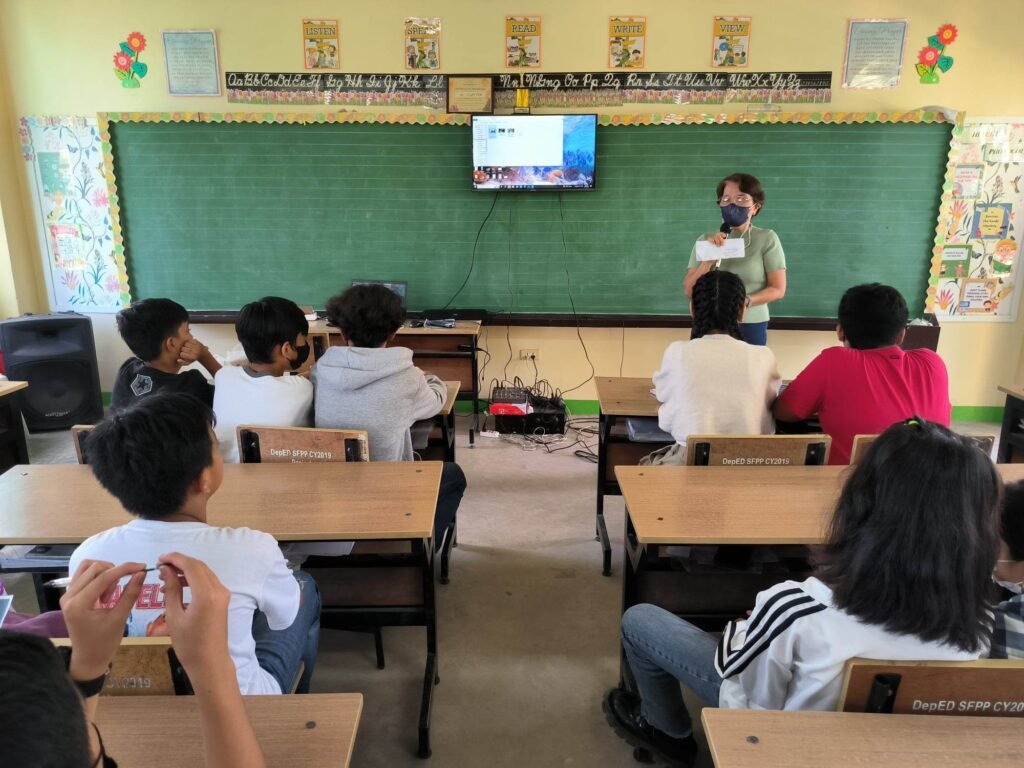The Alliance of Concerned Teachers (ACT) expressed deep concern after an online survey it conducted revealed the grave hardships that teachers and learners endure in classes during the summer.
The survey was conducted following reports that about 120 students in Laguna were hospitalized after school disaster drills were held under the scorching sun.
The survey, conducted from March 24 to 27, 2023, showed that 11,706 public school teacher respondents nationwide stated students could not focus on their studies due to the intolerable heat in the classrooms.
Although 32 percent said the temperature inside the classrooms is bearable, 67 percent said the heat is intolerable.
The survey also showed that the summer heat triggered existing medical conditions among teachers and students, resulting in more learners missing classes since the summer months started.
“Ang hirap talaga ng kalagayan sa silid-aralan ngayong tag-init. Hindi mapalagay ang mga bata at hindi makapakinig sa leksyon, nagkukumpulan sila sa electric fan, laging nagpapaalam na pupunta sa canteen para uminom ng tubig, pawis na pawis at pagod na pagod,” ACT Chairperson Vladimir Quetua said.
Most classrooms in the country rely heavily on electric fans for ventilation. Only 1 percent have air-conditioners while 2 percent depend only on natural ventilation.
Quetua said the classroom atmosphere remains inconducive for learning due to the aforementioned conditions. He said many students and teachers complain of headaches, dizziness and nose-bleeding, among others, and that schools do not have the appropriate health facilities and personnel.
“Absenteeism is also becoming a serious problem. Kung hindi mababago ang ating kalagayan, mawawalan ng saysay ang paglulunsad ng face-to-face classes sa mga susunod na buwan kung saan titindi pa ang init ng panahon,” Quetua lamented.
Survey respondents suggested a number of ways to address the problem, such as installing air-conditioners in classrooms, changing class schedules to avoid the hottest hours of the day, and implementing blended learning by alternately holding face-to-face classes in the mornings and distance learning modalities at home.
Respondents also resoundingly demanded to revert the school calendar to its pre-pandemic schedule when the school break coincided with the summer months.
“The proposed moves have their pros and cons. We are now asking the Department of Education: what solutions do you offer?” Quetua said. (Alliance of Concerned Teachers)













